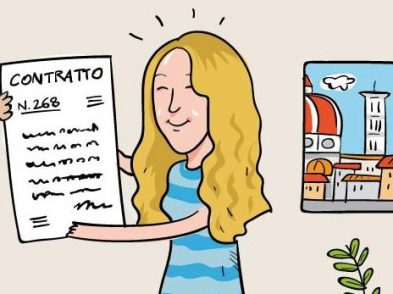The bureaucratic war over the remains of a Roman villa in Tuscany wages on.
Discovered nearly a decade ago near the small village of Aiano-Torraccia di Chiusi, the villa is believed to have belonged to a proconsul. Although researchers working on the site have faced administrative obstacles from the earliest stages of the excavation, the skirmishes have escalated into a battle against red tape.
First, there is the problem of who owns the land. The Italian and Belgian archaeologists involved in the excavation must pay a small annual sum to the owner of the property. However, the one-time owner of the land, retired farmer Leonardo Berti, has been declared bankrupt, and his assets, including the property, will soon be auctioned off. Moreover, given Berti’s insolvency, he is no longer considered the legal owner. Since authorities cannot say with any certainty where the payment should go, the project came to a standstill back in 2012, despite support from sponsors, among them the Catholic University of Leuven, San Gimignano town council, the Monte dei Paschi Foundation and the University of Florence.
Now there is the problem of acquiring the land. San Gimignano mayor Giacomo Bassi explained that the city recently set aside 40,000 euro to purchase the land, but ‘the court isn’t responding to our request.’ He continued: ‘Since we’re dealing with a bankruptcy, we can’t follow the standard procedure of expropriation for public use. Basically, we’re stuck.’
Archaeologist and professor Marco Cavalieri, scientific director of the project, called the whole ordeal ‘shameful,’ observing that Italy is infamous for ‘[seeming to] not know how, or not want to, protect its cultural treasures.’
Despite meeting bureaucratic dead ends at every turn, excavation managers are hopeful: following international coverage of the situation in the Telegraph, a message on the project’s official webpage affirms their commitment to resume the excavation within a ‘reasonable time frame’ and calls for community support.







